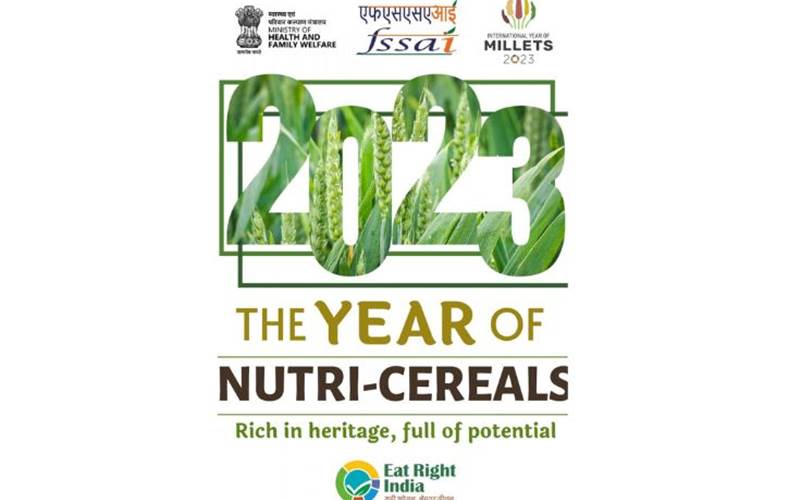FSSAI enlists eight quality parameters for millets
The FSSAI has specified a group of certain standards for millets vide Food Safety and Standards (Food Products Standards and Food Additives) Second Amendment Regulations, 2023 notified in the Gazette of India and it will be imposed from 1 September.
27 Feb 2023 | By Abhay Avadhani
With the United Nations General Assembly and Food and Agriculture Organisation (FAO) declaring 2023 as the International Year of the Millets, there is a lot of action on the millet front. Currently, individual standards for a few millets like Sorghum, Whole and decorticated Pearl millet grain, Finger millet, and Amaranth are prescribed in the Food Safety and Standards (Food Product Standards and Food Additives) Regulations, 2011.
Now, FSSAI has framed a comprehensive group standard for 15 types of millets specifying eight quality parameters. These parameters include; maximum limits for moisture content, uric acid content, extraneous matter, other edible grains, defects, weevilled grains, and immature and shrivelled grains. The quality parameters ensure availability of good quality (standardised) millets in domestic and global markets.
In order to create awareness and promote production and consumption of millets, in April 2018, millets were rebranded as ‘nutri cereals’ and 2018 was designated as the National Year of millets. Later, The United Nations General Assembly at its 75th session in March 2021, declared 2023 as the International Year of millets (IYM 2023). International Year of millets (IYOM) – 2023 will provide an opportunity to increase global production, efficient processing, better use of crop rotation and promote millets as a major component of the food basket.
The standards are applicable to millets such as - Amaranthus, Barnyard millet, Brown top, Buckwheat, Crab finger, Finger millet, Fonio, Foxtail millet, Job's tears, Kodo millet, Little millet, Pearl millet, Proso millet, Sorghum, and Teff.













 See All
See All